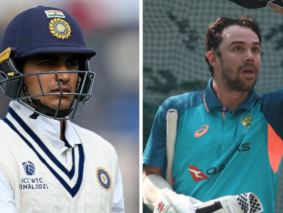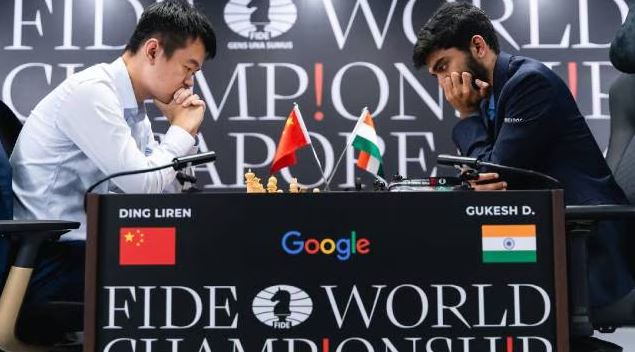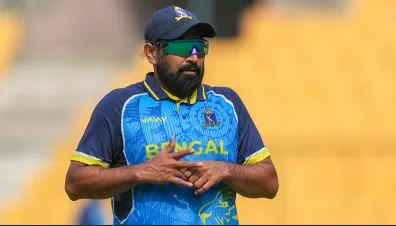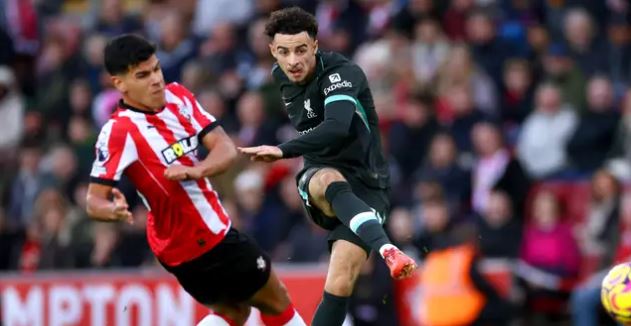
The unresolved cricket rights issue might present a substantial barrier to the merger, as Reliance and Disney continue their negotiations with the CCI.
The $8.5 billion merger of Walt Disney and Reliance Industries’ media businesses in India will require careful consideration in order to receive antitrust approval. The Competition Commission of India (CCI) is closely monitoring the merger, which would establish the biggest entertainment conglomerate in India, because of worries about market domination and control over lucrative cricket broadcast rights.
Suggested Concessions: TV Channel Sales
Reliance and Disney have suggested selling off a small number of television channels—less than 10, per Reuters sources with direct knowledge of the situation—in an attempt to speed up the certification process. These concessions are meant to allay worries about the combined company’s possible market dominance, especially in regional Indian language channels where both businesses have a substantial market share.
The planned divestitures bring to mind Zee and Sony’s failed attempt to establish a $10 billion TV conglomerate in India in 2022. In one instance, the corporations attempted to acquire CCI clearance by offering to sell three TV channels; however, the merger failed.
Cricket Rights: The Major Issue
Cricket, the most beloved sport in India, has become a major sticking point in the merger talks. If Reliance and Disney merge, the combined entity would control both digital and television rights for major cricket leagues, including the highly sought-after Indian Premier League (IPL), ICC tournaments, and domestic Indian matches.
This potential consolidation has raised concerns about the control over the advertising market. Jefferies projects that the merged company could capture up to 40% of the market share in both TV and streaming sectors.
K.K. Sharma, a former mergers head at the CCI, emphasized the seriousness of the situation, saying, “With Disney and Reliance merging, almost nothing of cricket will be left … This is not just about dominance but nearly absolute control over cricket.”
Cricket Rights: Unchangeable Status
Despite ongoing concerns, Reliance and Disney have insisted that the cricket rights situation cannot be modified at this point. The companies argue that these rights, which will expire in 2027 and 2028, cannot be sold or sublicensed without prior approval from the Board of Control for Cricket in India (BCCI). They claim that any attempt to alter this arrangement would substantially delay the merger process.
The Competition Commission of India (CCI) is currently assessing the market influence of these companies concerning cricket rights but has not yet expressed specific concerns. Nevertheless, this issue remains a major obstacle in the approval process, with the companies resisting any demands to change their control over cricket broadcasts.
“One of the sources told Reuters that the companies maintain that nothing can be done about the cricket rights.”
Next Steps: Awaiting CCI’s Decision
As Reliance and Disney proceed with their negotiations with the CCI, the outcome of the merger remains in flux. The companies’ willingness to divest some assets shows a strategic effort to secure approval, yet the unresolved issue of cricket rights continues to be a significant challenge.
The CCI’s decision in this high-profile case will not only influence the future of the Indian media landscape but also set a precedent for regulating dominant market players in the country.





